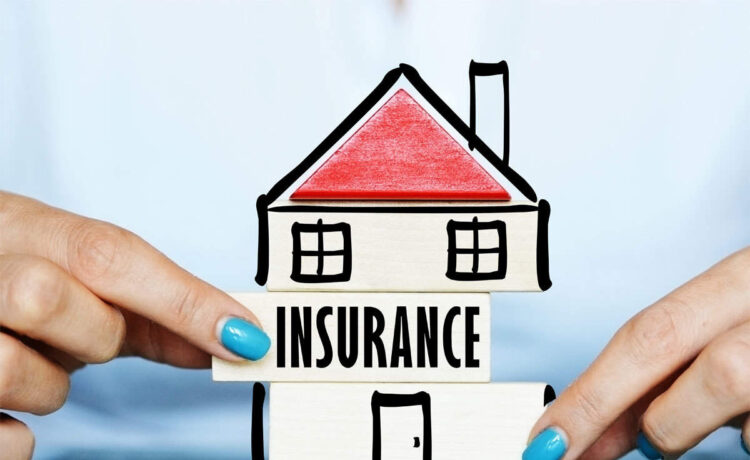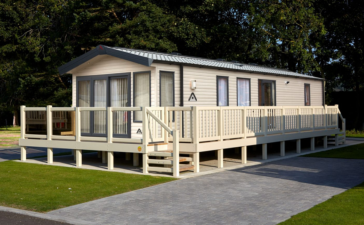A topic of concern for people around the country is the cost of living. You will have noticed that as a property owner, your bills and expenses have also been affected. Deacon Insurance recognises that organising quotes and insurance for leasehold flats and apartments can feel like a daunting responsibility. Even though hikes in insurance are being see across the board, that fact may not make you feel much better when your bill comes through the letter box. There are, however, things you can do to help yourself. If you take the time to shop around, put up a fight and challenge renewal premiums or use a broker to help you find the best deal, you will be able to find a policy that fits your needs and your budget.
But why are insurance premiums going up in the first place?
Inflation has a large role to play. Consumer Prices Index measure of inflation increased by 9% in just twelve months. This takes the inflation figure to its highest level in 40 years. Rocketing energy prices, the aftermath of the pandemic and the ongoing conflict in Eastern Europe have all had a part to play in this inflation and the effects are far reaching.
The cost of rebuilding and repairing damage has risen considerably due to inflation and the increasing number of claims being made increases premiums significantly.
So, what should you consider before buying building insurance?
- Be honest. Answer the questions honestly and accurately. Any misinformation will come back to bite you in the future as your claim may be denied.
- Read the small print. There are finer details within a policy as more and more providers are increasing the number of exclusions to their policies. You need to make sure that the policy covers exactly what you need.
- Keep your policy up to date. To ensure you don’t wind up underinsured, your policy needs to be kept relevant. As prices increase you need to make sure that your insurance will cover any repairs that may have to be made in the future.
- Get the best for your money. Don’t just go for the cheapest option because that might not always be the best policy. Get the right policy for you because even if ends up being a bit more expensive, it’ll be better in the long run when you need to claim. Be as accurate as you can when providing the value of your building as if not this again could lead to an underinsured situation.
- Compare building insurance policies. Use a comparison website, or make the most of an insurance broker, to get the best deal. There are lots of policies available so it can feel overwhelming, but with some digging you will be able to find an option that suits you. It’s a good idea for you to do this when it comes time for renewal every year. If you just stick with the same provider and allow them to automatically renew your policy, you could end up paying out more than you need to.
There are also things you can do no matter what stage of insuring you’re in. Prove yourself to be a lower risk to providers by limiting the amount of claims you make. Prevent problems from developing by encouraging building occupants to carry out regular maintenance checks and taking the necessary precautions when it comes to water damage. This is one of the most common causes of insurance claims but it’s one that is relatively easy to prevent.





